With a focus on holistic education for students, the Ho Chi Minh City Department of Education and Training continues to implement key tasks in digital transformation, building digital schools and happy schools.
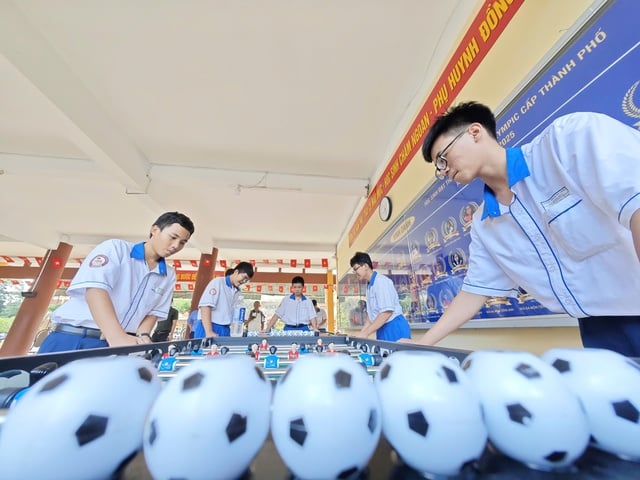
No phones during recess for high school students in Ho Chi Minh City.
PHOTO: DAO NGOC THACH
THE GOAL IS TO REACH 1,000 DIGITAL SCHOOLS BY 2030
For the 2025-2026 school year, Ho Chi Minh City has identified digital transformation as a top priority in teaching and school management.
With over 3,500 public schools after the merger with Binh Duong and Ba Ria-Vung Tau provinces, Dr. Nguyen Van Hieu, Director of the Ho Chi Minh City Department of Education and Training, stated that the education sector aims to have 1,000 digital schools by the end of 2030, accounting for one-third of the total number of schools in the city.
Regarding students, the Director of the Ho Chi Minh City Department of Education and Training stated that it is necessary to ensure that 100% of students in the city are learning in a digital environment. At the same time, 100% of teachers must know how to use digital learning materials and shared databases across the entire sector to organize teaching for students.
Dr. Hieu stated that digital devices are no longer a barrier because they have become an integral part of daily life and activities in all fields. Therefore, failing to equip students with digital skills in a timely manner could overwhelm them, preventing them from adapting, using, and actively participating in the digital society. "The responsibility of schools is to equip students with digital skills, not to prevent them from accessing digital devices," Dr. Hieu emphasized.
For example, after completing primary school, students should be proficient in using and knowledgeable about the benefits and harms of using smart devices. From secondary school onwards, students should have skills in data and information retrieval, communication and collaboration in the digital environment, and digital health protection, etc.
The Director of the Ho Chi Minh City Department of Education and Training acknowledged that the education sector currently enjoys many advantages in terms of legal frameworks and foundations, with central government policies on scientific and technological innovation and digital transformation. Accordingly, Resolution 57 of the Politburo specifically requires allocating at least 3% of the local government's recurrent expenditure to activities related to the development of science and technology and digital transformation. Regarding the Ho Chi Minh City Department of Education and Training, Mr. Hieu stated that he has instructed specialized departments, especially the Planning and Finance Department, to advise on equipping classrooms with digital skills and smart classrooms, and to allocate a specific percentage of funds for digitalization activities in education.
Through this, the head of Ho Chi Minh City's education sector conveyed to teachers that equipping digital classrooms with many modern teaching aids is a prerequisite for each school to demonstrate determination and effort in the digital transformation process.
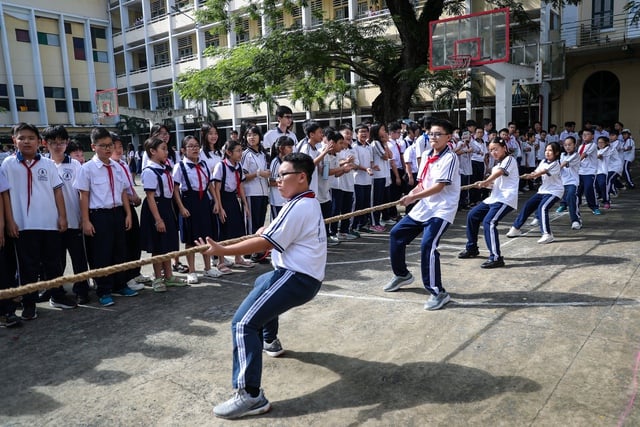
92.3% of schools in Ho Chi Minh City have sports clubs, with 68.7% of students regularly participating in extracurricular sports activities.
Photo: Nhat Thinh
EACH STUDENT PLAYS AT LEAST ONE SPORT
According to statistics from the Ho Chi Minh City Department of Education and Training, 92.3% of schools now have sports clubs, with 68.7% of students regularly participating in extracurricular sports activities. Of these, nearly 60% of schools offer swimming lessons, 77% of kindergartens have playgrounds, 100% of primary, secondary, and high schools have training grounds, and many schools have been equipped with multi-purpose halls with basic equipment meeting prescribed standards.
Ms. Cao Thi Thien Phuc, Head of the Student Affairs Department of the Ho Chi Minh City Department of Education and Training, said that this school year, the city's education sector has identified 10 key tasks in student affairs. These include political and ideological education, ethics, lifestyle, and school culture; happy schools; skills education; school counseling and social work; entrepreneurship education and traffic safety; fire prevention and school health; protection and care of children and students; school sports; Vovinam martial arts demonstrations; popularizing safe swimming and preventing drowning; and the activities of clubs. At the same time, the city continues to set the goal of every student knowing how to play at least one sport.
Referring to the key tasks in the education of students, Dr. Nguyen Van Hieu affirmed: "The city's education system has never placed too much emphasis on learning and exams, never set a goal of achieving a certain ranking in exams, and has not put pressure on teachers and students in teaching and learning. The goal is to aim for comprehensive education for students."
The Director of the Ho Chi Minh City Department of Education and Training added that the 2018 general education program aims to educate students in ethics, character, aesthetics, and responsibility. During the teaching and learning process, the city's education sector always creates favorable conditions and requires schools to develop plans to ensure students balance their studies with the development of their talents and skills, thus fostering their holistic development.
Mr. Hieu stated that in the targets set by the first Ho Chi Minh City Party Congress after the merger, the city aimed for every student to know how to play at least one sport. This will be specifically required and implemented at each school, contributing to creating conditions and encouraging students to develop their strengths, abilities, and passions. Schools need to build diverse sports clubs, creating opportunities for students to participate according to their abilities and needs. For students, while studying is important at school, holistic development and training cannot be overlooked.
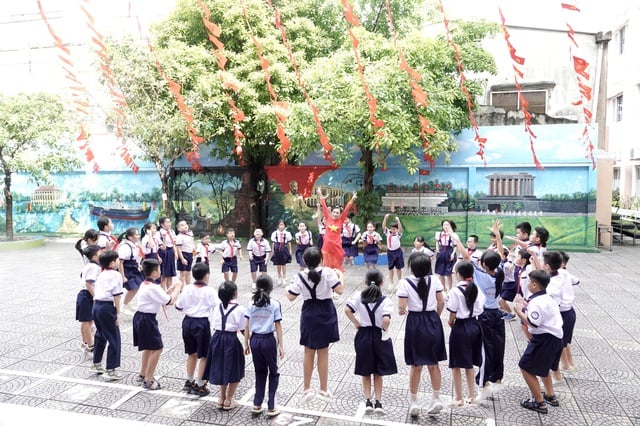
For the past three years, Ho Chi Minh City has been implementing the happy school model.
Photo: Dao Ngoc Thach
MODEL OF A HAPPY SCHOOL
For the 2025-2026 school year, the leaders of the Department of Education and Training requested the Student Affairs Department and school principals to focus even more deeply on two models: the happy school model and the Ho Chi Minh cultural space model.
Mr. Nguyen Van Hieu stated that a happy school encompasses all aspects of building a safe, friendly, and healthy educational environment, including collaborative efforts to address school violence. It creates an environment of sharing and trust, providing students with a place to express themselves, ensuring they are not alone in the online space or within their own learning environment.
Also in the 2025-2026 school year, Ho Chi Minh City will regulate restrictions on students' use of mobile phones and devices during recess, aiming to build a healthy, safe, and friendly school environment in the spirit of "happy schools," enhancing physical activities, interaction, and playtime for students during recess, contributing to improving the overall quality of education.
To ensure effectiveness, the Department of Education and Training requires each school to have at least 3 diverse alternative activities during recess (sports, arts and culture, folk games, reading, life skills clubs). Students must participate in at least one group activity during recess every day; increase the time students spend on physical activity compared to before implementation.
Dr. Nguyen Van Hieu stated that in the 2024-2025 school year, many schools implemented a ban on students using mobile phones on school grounds, but this was not consistent and lacked the full support of parents. This school year, Ho Chi Minh City will uniformly implement this regulation. Mobile phones will only be allowed during class time with the teacher's permission, as stipulated by the Ministry of Education and Training. If students need to use mobile phones, the school must ensure a free communication channel for them.
Mr. Hieu added: "Ho Chi Minh City has been implementing the 'Happy School' program for three years, but during recess, if each student is in their own corner, using their phone, the relationships between students and between students and teachers will be 'broken'. I want students to be able to relax and have fun during recess to recharge their positive energy for the next lesson, not each student living in their own world. The habit of using phones is a major obstacle to their interaction with family, teachers, and friends."
Source: https://thanhnien.vn/giao-duc-thanh-pho-chua-bao-gio-dat-nang-van-de-hoc-va-thi-cu-185251028192026378.htm








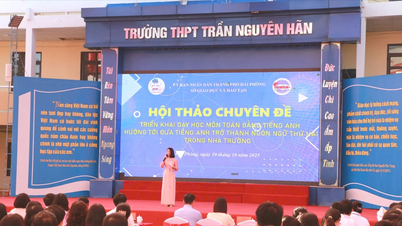

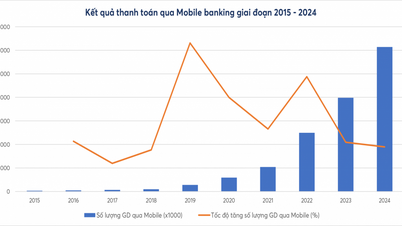



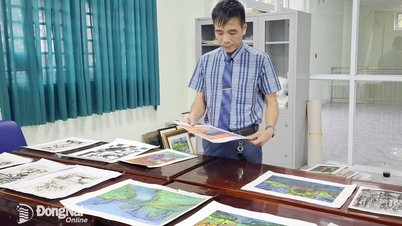




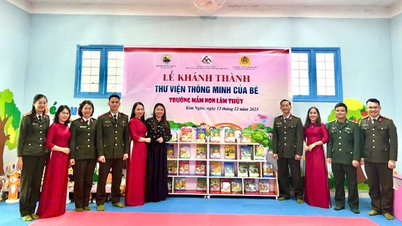




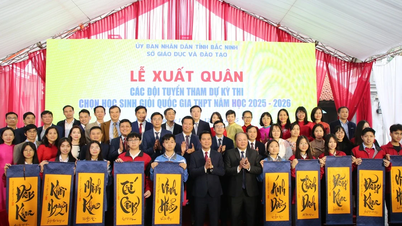
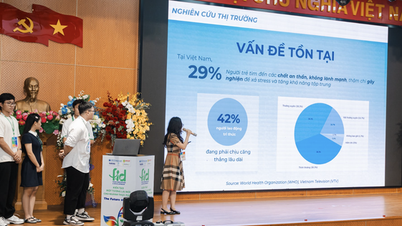







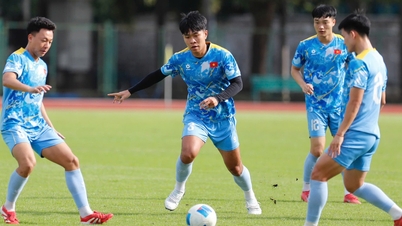
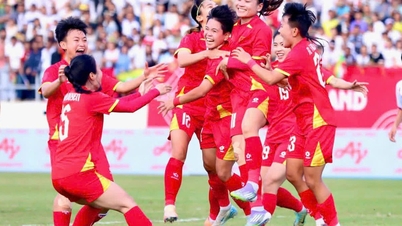
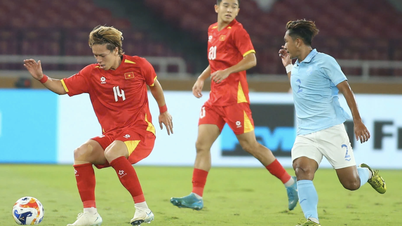
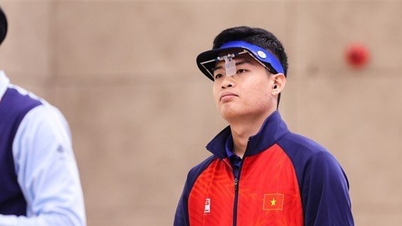

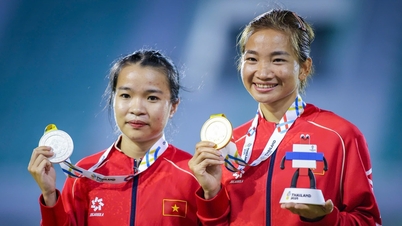


































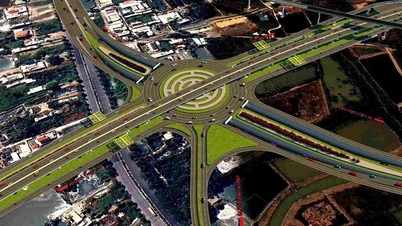


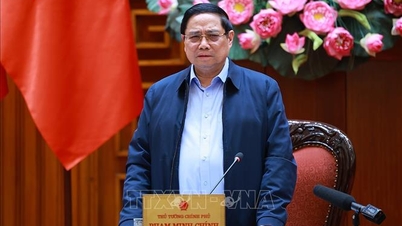



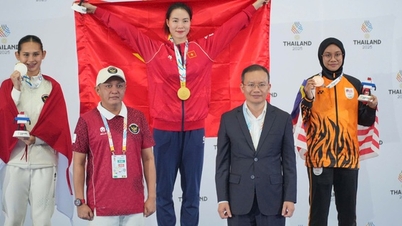

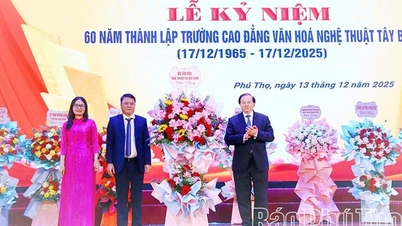
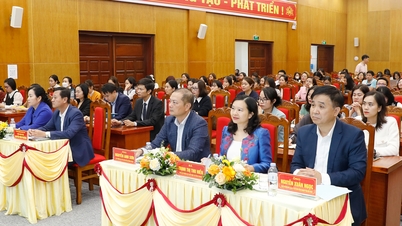

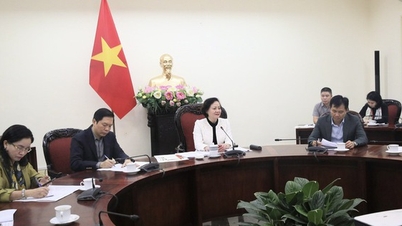
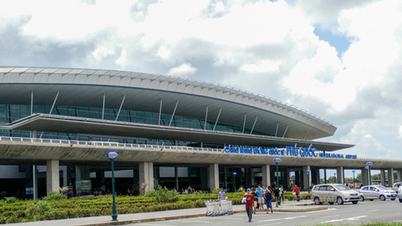
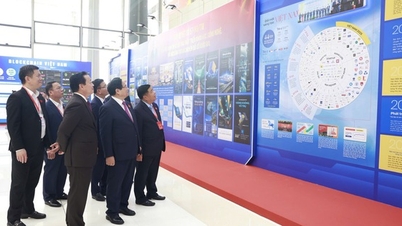





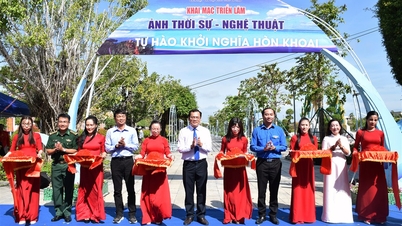
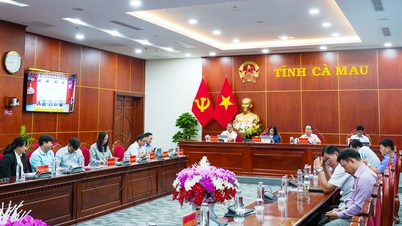
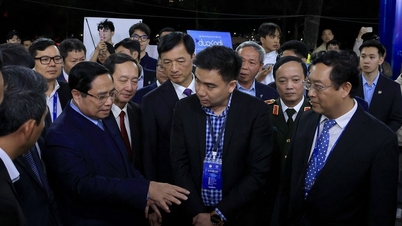










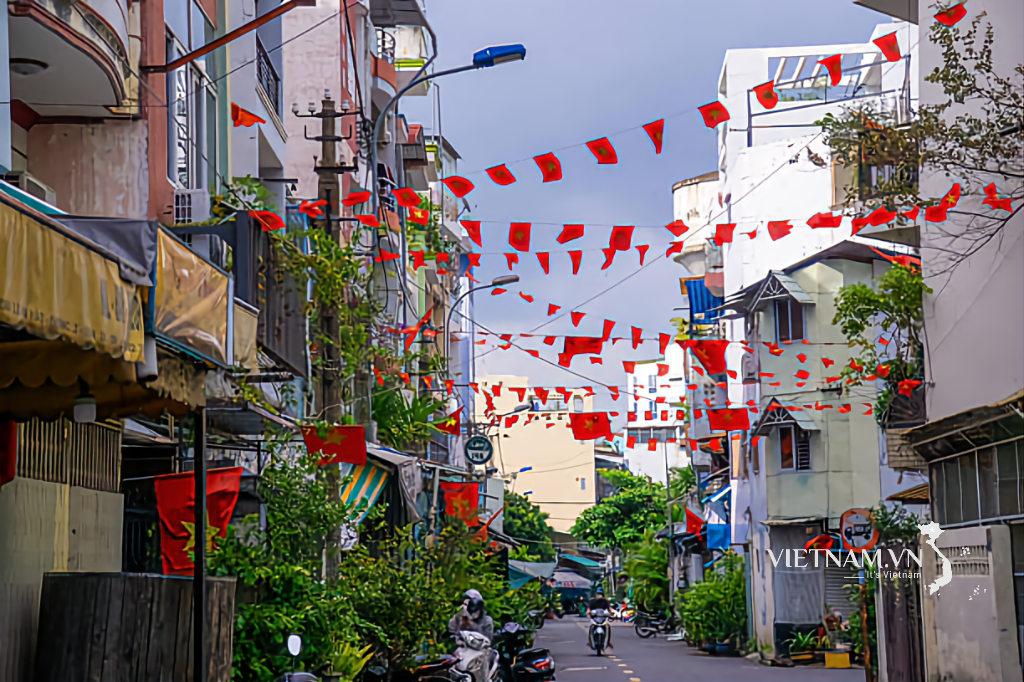



Comment (0)